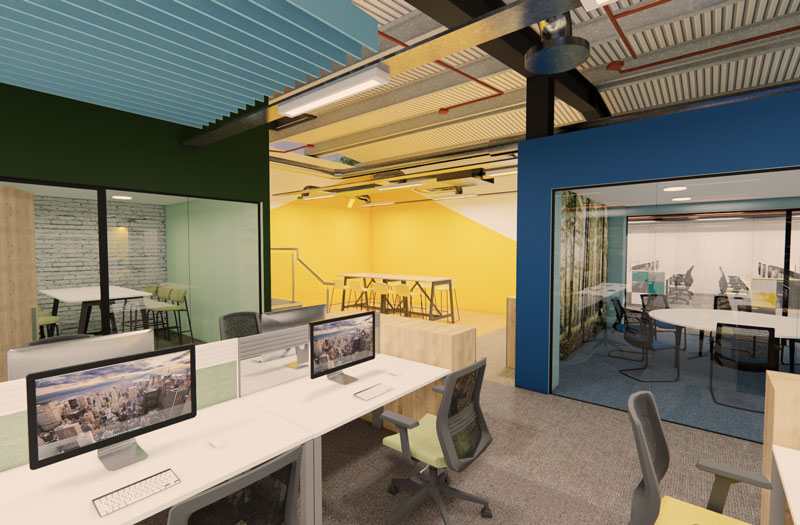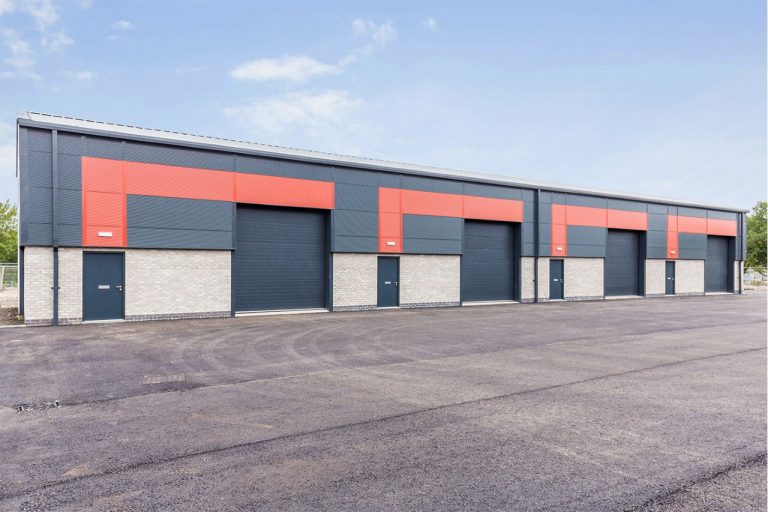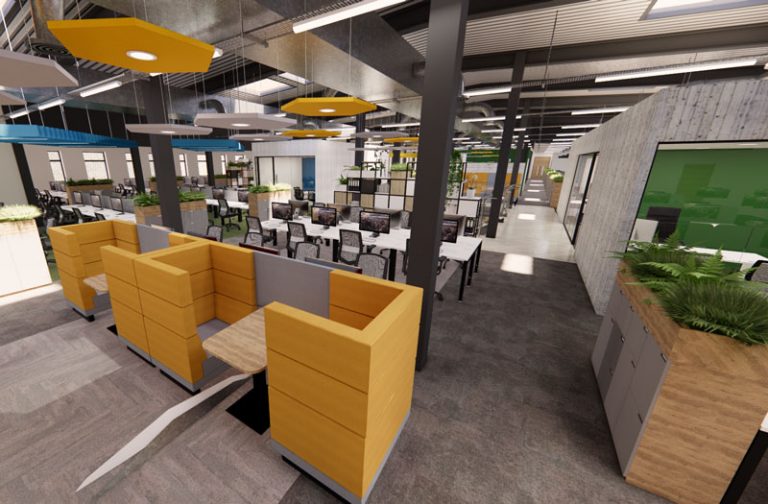Nottingham Forest CEO to step down
December retail sales boosted by heavy discounting
2023 Business Predictions: leadership expert Kul Mahay
2023 Business Predictions: Rob Day, chairman and founder of Blueprint Interiors
Consultation on £1.14 billion devolution proposal ends today
- Work towards Net Zero and cleaner air with new low carbon homes, retrofit existing houses with external wall insulation, promote the use of renewable energy, and protect and enhance green spaces, like areas for wildlife and green verges.
- Build on the region’s existing knowledge and expertise in green technology and promote the growth of a future low carbon economy by investing in related skills training at colleges and other training facilities.
- Set up and coordinate smart integrated ticketing and enhanced concessionary fares schemes.
- Work with Homes England to build more affordable homes, by using new powers to buy land and housing (With district and borough council consent).
- Enhance the region’s economy by developing new commercial space to maximise opportunities.
- Work with national government on initiatives to address homelessness, domestic abuse, community safety, social mobility, and support for young people.
- Take advantage of economies of scale by using combined and devolved budgets to deliver more value for taxpayers and more cost-efficient services.
Grade II listed buildings receive refurb at Nottingham museum
MEND is an open-access capital fund, which is designed to help museums and local authorities to undertake infrastructure and urgent maintenance that are beyond the scope of day-to-day maintenance budgets.
Sarah Godfrey, manager of the museum, said: “Keeping the cottage and frameshop buildings alive is very important to us, and thanks to the MEND funding we are able to carry out works to ensure the buildings are fit for purpose. “New permanent ramps are also being fitted at the entrance of our frameshops, which will be beneficial to many of our visitors – making the attractions accessible for everyone. We look forward to seeing things progress and completing very soon.”Investor snaps up latest phase at Leafbridge Business Park in Lincoln
Office design trends for 2023
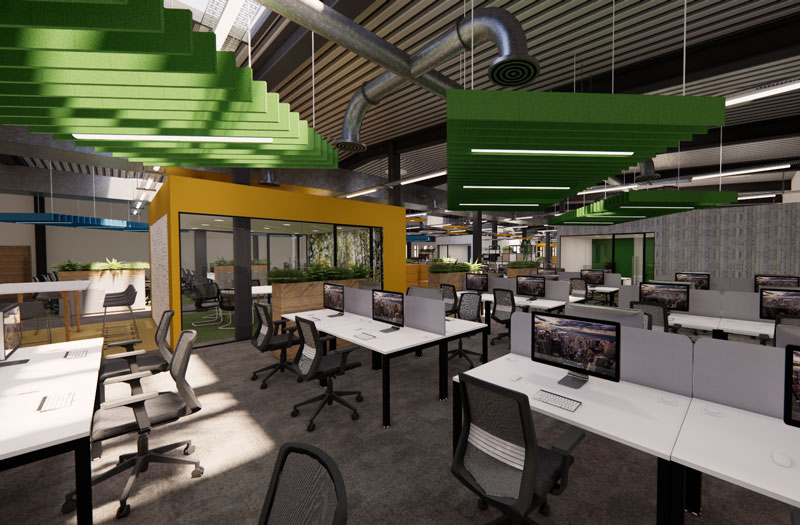 Acoustics and Concentration in the Office
One of the positives of working from home has been a quieter environment. This is great for calls, video conferences and the ability to concentrate better with minimal distraction. An open-plan office is great for communication and teamwork, but with more people in the office acoustics and quieter spaces will be imperative. Office designs for 2023 will see more quiet areas included through private workstations and meeting rooms.
Acoustics has become a primary focus to reduce excessive noise levels. Biophilic designs help dampen noise levels with the incorporation of plants and water features. Acoustic ceiling rafters are taking their place in the office providing a great feature whilst providing a practical purpose of absorbing additional noise. Feature slat walls will also become more prevalent to help reduce echo and excess noise and look great too.
Natural and Biophilic Office Designs
Biophilic office designs have been on the rise for a while now. Awareness of the benefits of working in an environment tied to nature is high and this trend will continue to develop over the next year. In addition to the living green walls, it will move forward with more natural, earthy colour schemes. White finishes are expected to be a thing of the past as natural wood colours take over and enhance that tie to nature.
More plants will be welcomed into the office environment, however these need to be incorporated sensibly. Too few and it looks like a token effort. Too many and your office suddenly begins to look like an overgrown jungle where you expect the cast of Jumanji to come running through at any second.
Businesses are shifting focus to providing an environment for positive mental health. Maximising the natural light that is able to permeate the whole office continues to be on the agenda. A huge difference can be made by adapting offices from having one small window to incorporating curtain walling and glass partitions.
Adding a water feature can be very impactful, creating a more tranquil environment for concentration.
All of this provides another link to the natural world, creating a more relaxed feeling for staff.
Staff Wellbeing
The pandemic highlighted the importance of people’s personal well-being and looking after their mental health. Promoting a positive attitude to mental health and staff well-being has become a key factor in office design.
Encouraging staff to be more active and providing the ability to adjust their posture throughout the day is a great place to start. Providing the right break space and boosting natural light is also essential. If your staff can’t get away from their desk for a break, you will see the quality of their work gradually decrease along with their motivation.
Providing the right equipment, like stand-sit desks, or maybe installing a gym in an unused room, can help staff better balance their work-life balance. These are things staff are unlikely to have at home and are a big incentive for making that commute to the office.
Acoustics and Concentration in the Office
One of the positives of working from home has been a quieter environment. This is great for calls, video conferences and the ability to concentrate better with minimal distraction. An open-plan office is great for communication and teamwork, but with more people in the office acoustics and quieter spaces will be imperative. Office designs for 2023 will see more quiet areas included through private workstations and meeting rooms.
Acoustics has become a primary focus to reduce excessive noise levels. Biophilic designs help dampen noise levels with the incorporation of plants and water features. Acoustic ceiling rafters are taking their place in the office providing a great feature whilst providing a practical purpose of absorbing additional noise. Feature slat walls will also become more prevalent to help reduce echo and excess noise and look great too.
Natural and Biophilic Office Designs
Biophilic office designs have been on the rise for a while now. Awareness of the benefits of working in an environment tied to nature is high and this trend will continue to develop over the next year. In addition to the living green walls, it will move forward with more natural, earthy colour schemes. White finishes are expected to be a thing of the past as natural wood colours take over and enhance that tie to nature.
More plants will be welcomed into the office environment, however these need to be incorporated sensibly. Too few and it looks like a token effort. Too many and your office suddenly begins to look like an overgrown jungle where you expect the cast of Jumanji to come running through at any second.
Businesses are shifting focus to providing an environment for positive mental health. Maximising the natural light that is able to permeate the whole office continues to be on the agenda. A huge difference can be made by adapting offices from having one small window to incorporating curtain walling and glass partitions.
Adding a water feature can be very impactful, creating a more tranquil environment for concentration.
All of this provides another link to the natural world, creating a more relaxed feeling for staff.
Staff Wellbeing
The pandemic highlighted the importance of people’s personal well-being and looking after their mental health. Promoting a positive attitude to mental health and staff well-being has become a key factor in office design.
Encouraging staff to be more active and providing the ability to adjust their posture throughout the day is a great place to start. Providing the right break space and boosting natural light is also essential. If your staff can’t get away from their desk for a break, you will see the quality of their work gradually decrease along with their motivation.
Providing the right equipment, like stand-sit desks, or maybe installing a gym in an unused room, can help staff better balance their work-life balance. These are things staff are unlikely to have at home and are a big incentive for making that commute to the office.
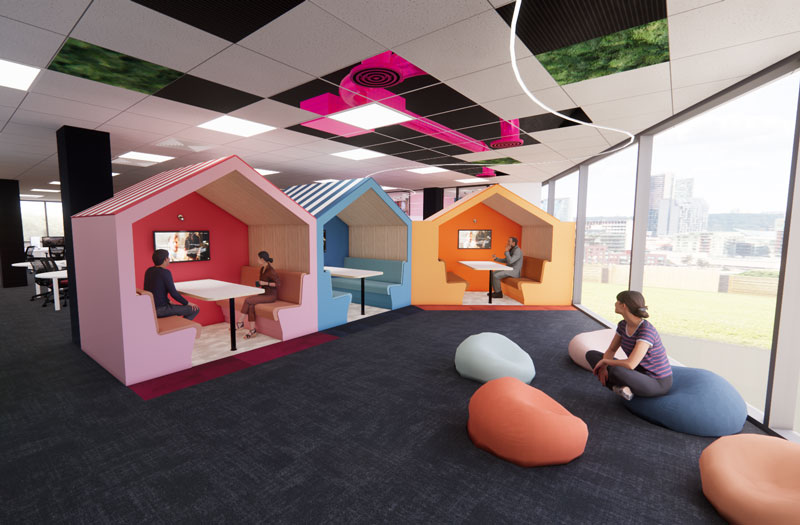 Staying Connected
Even though staff are looking to make the move back to the office, many businesses’ customer base has stretched much further afield. This means connectivity and having the right space available for video calls are just as important as it was during the pandemic.
As a culture, we took huge strides in technology in the last three years and this is now engrained into our daily lives. Small “phone booths” or Zoom meeting pods for video calls, or just a bit of quiet will be a big trend going forward.
Media and interactive walls provide a great presentation stage for the online world too.
Sustainable and smart office design
Sustainability and the goal of having a carbon-neutral office remain a key focus for those on the hunt for a new design. This goes hand in hand with a smart office as they reduce the company’s bills and its carbon footprint. If you’re upgrading your workplace, updating the technology can save you in the long run, and of course, it’s better for the planet.
Solar panels on the roof of your building help reduce your energy bills whilst also reducing carbon footprints but when it comes to internal design, recycled materials are becoming more popular. These fabrics, used for anything from carpet tiles to fabric for seating, look and feel great and help reduce pollution. Some of these fabrics are made with plastic dredged from the sea, so have a fantastic ethical reputation.
Office designs for 2023 need to be smarter to help with sustainability. Light sensors and LED lighting help reduce unnecessary energy usage along with automated climate controls. These find usage patterns and regulates temperatures to create a more comfortable and sustainable working environment.
APSS has expert staff on hand to help you create an effective and impressive working environment for your staff and visitors alike. Visit the website to see how APSS can help transform your office.
Staying Connected
Even though staff are looking to make the move back to the office, many businesses’ customer base has stretched much further afield. This means connectivity and having the right space available for video calls are just as important as it was during the pandemic.
As a culture, we took huge strides in technology in the last three years and this is now engrained into our daily lives. Small “phone booths” or Zoom meeting pods for video calls, or just a bit of quiet will be a big trend going forward.
Media and interactive walls provide a great presentation stage for the online world too.
Sustainable and smart office design
Sustainability and the goal of having a carbon-neutral office remain a key focus for those on the hunt for a new design. This goes hand in hand with a smart office as they reduce the company’s bills and its carbon footprint. If you’re upgrading your workplace, updating the technology can save you in the long run, and of course, it’s better for the planet.
Solar panels on the roof of your building help reduce your energy bills whilst also reducing carbon footprints but when it comes to internal design, recycled materials are becoming more popular. These fabrics, used for anything from carpet tiles to fabric for seating, look and feel great and help reduce pollution. Some of these fabrics are made with plastic dredged from the sea, so have a fantastic ethical reputation.
Office designs for 2023 need to be smarter to help with sustainability. Light sensors and LED lighting help reduce unnecessary energy usage along with automated climate controls. These find usage patterns and regulates temperatures to create a more comfortable and sustainable working environment.
APSS has expert staff on hand to help you create an effective and impressive working environment for your staff and visitors alike. Visit the website to see how APSS can help transform your office.
